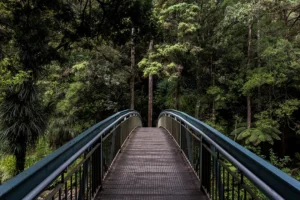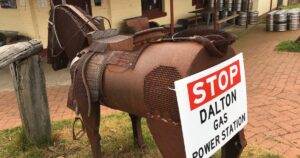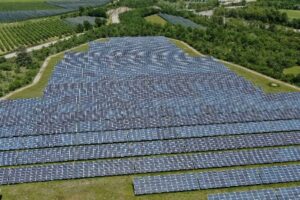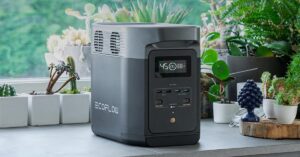Only two hydrogen cars sold in South Korea last month, despite subsidies offering 50% discounts
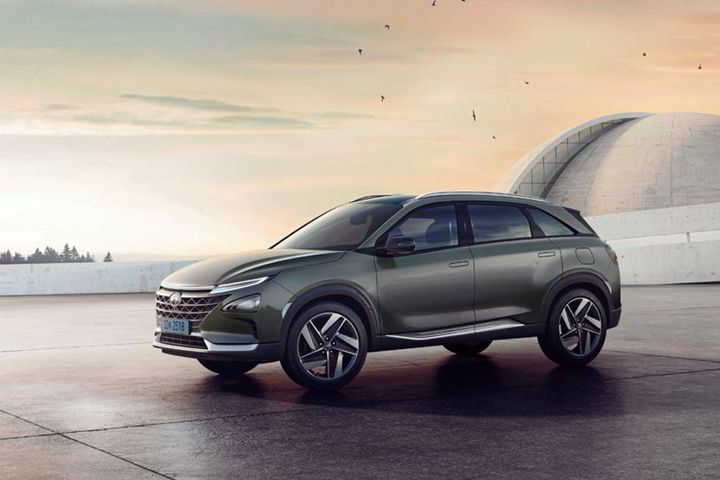
South Korea wants to be a world leader in hydrogen vehicles, with a goal of 300,000 units on its roads by 2030, up from 34,260 today.
But sales of hydrogen-powered cars plummeted to a new low in January, with only two units sold across the country, according to the Ministry of Trade, Industry and Energy — a 99.4% fall compared to the same month in 2023 — despite the widespread availability of subsidies that slash the cost of a new Hyundai Nexo (the only H2 model available in the country) by almost half.
By comparison, 1,597 battery-electric cars were sold in South Korea last month, a 124.9% year-on-year increase, in addition to 588 plug-in hybrids.
Exports of the Korean-made Nexo were not much better in January, at only five units. This compares to the export of 31,350 battery electric cars and 4,369 plug-in hybrids from South Korea last month.
The Korean hydrogen car market has struggled in the face of rising fuel costs, as well as a devastating fuel-supply crisis at the end of last year, which forced three quarters of the country’s filling stations to temporarily close for several weeks, causing severe problems for existing fuel-cell car drivers.
It is all a far cry from the hydrogen blueprint drawn up by Hyundai chairman Chung Eui-sun in December 2018, when his “FCEV Vision 2030” envisaged an annual production capacity of 40,000 hydrogen fuel-cell electric vehicles (FCEVs) in 2022, rising to 130,000 by 2025 and 500,000 by 2030.
Article continues below the advert
Sales of the Nexo have been falling since an all-time high of 10,527 units in 2022, with only 4,254 sold last year.
According to Ho-Geun Lee, a “future automotive” professor at Daedoek University, Hyundai needs to sell 100,000 units of the Nexo each year for the model to be profitable. Currently, each Nexo costs 100m won ($75,465) to make, but is on sale from 69.5m won, he added.
The government provides subsidies of 22.5m won per vehicle, which is topped up by a further 10-12m won by multiple local authorities.
In January, the government said it would provide subsidies for 6,800 hydrogen cars this year, down from 16,000 in 2023. But given current trends, it seems highly unlikely that such an amount will be required.
As Hydrogen Insight reported last week, global sales of FCEVs fell by more than 30% in 2023, with only China and the US seeing modest growth.
South Korea had been the world’s leading market for hydrogen vehicle sales until last year, when it was overtaken by China.
Hyundai is due to release a brand new version of the Nexo in 2025, which it hopes will boost sales. The model was first released in 2018, and it has only had minor updates since then.
Hyundai Motor America announced earlier this month that it had sold 23 units of the Nexo in California in January, up from 16 in January 2022.
